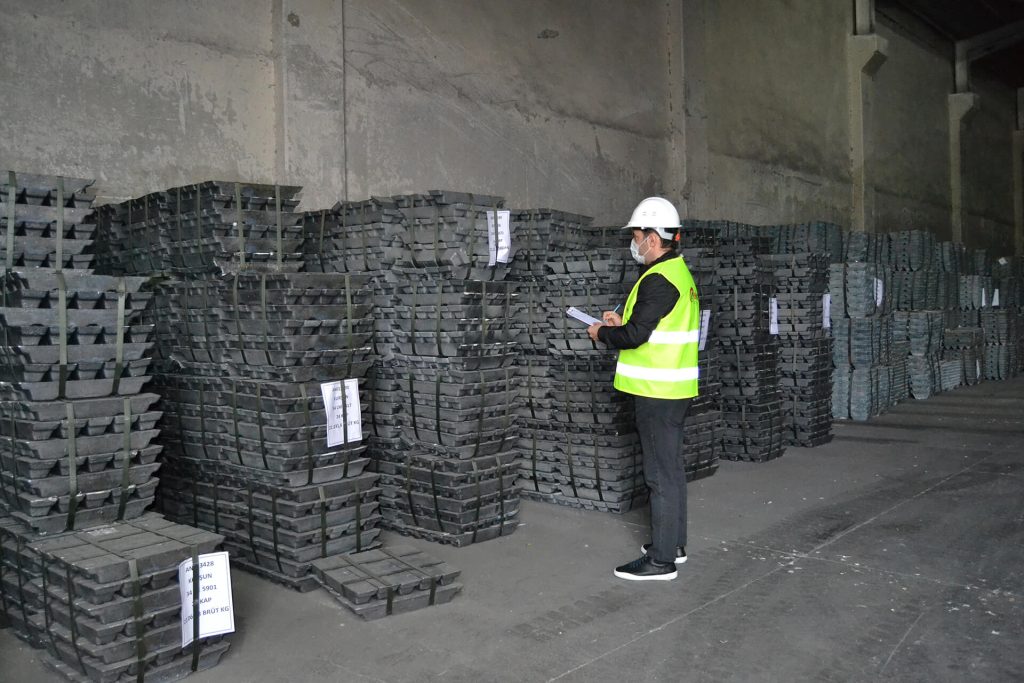
Concrete warehouses are durable and long-lasting storage structures used for a variety of products and materials. The strength and resilience of concrete make these warehouses suitable for a wide range of applications. Concrete warehouses are effectively used in both industrial and agricultural settings, offering numerous advantages.
Features and Benefits of Concrete Warehouses
1. High Durability and Security
Concrete warehouses provide a long-lasting and reliable storage solution due to the natural durability of concrete. Concrete is highly resistant to physical and environmental impacts. These warehouses are designed to be resistant to fire, water, and weather conditions, ensuring the safe storage of products.
2. Excellent Structural Stability
Concrete warehouses offer high structural stability. The firm and solid nature of concrete allows for the safe storage of large and heavy loads. This is particularly important in industrial applications where heavy and bulky products need to be stored securely.
3. Energy Efficiency and Insulation
Concrete warehouses provide energy efficiency and good insulation. The high thermal mass of concrete helps maintain stable internal temperatures. This not only supports energy savings but also ensures that products are stored under optimal conditions.
4. Easy Maintenance and Cleaning
Concrete warehouses offer advantages in terms of maintenance and cleaning. The surfaces of concrete warehouses are covered with durable materials that make cleaning easier. Additionally, the smooth surface of concrete facilitates more efficient cleaning processes.
5. Versatile Application Areas
Concrete warehouses can be used across a variety of sectors. They offer a wide range of applications, from storing grains and feed in the agricultural sector to holding chemical and metal products in the industrial sector. Concrete warehouses are also effectively used in logistics and construction sectors.

